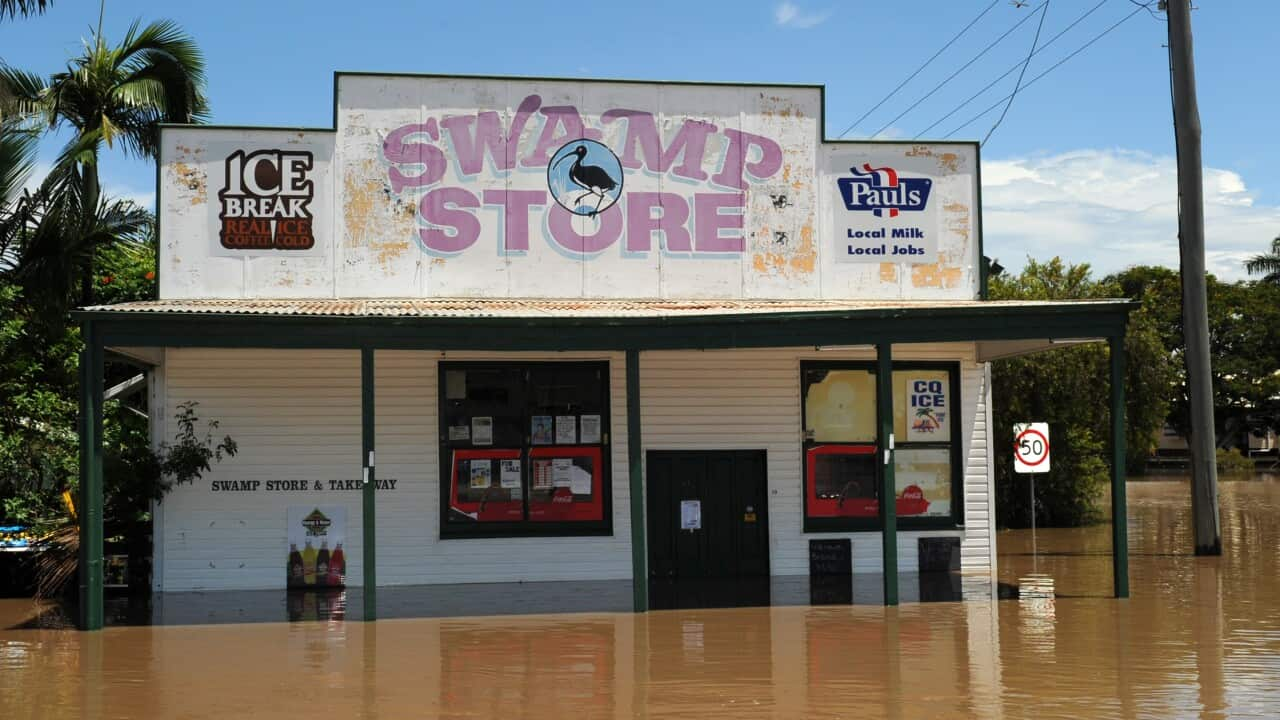Key Points
- Mr Malpass previously declined to say if he believed man-made emissions were warming the planet.
- The World Bank chief was under pressure from US Treasury to change the way the bank tackles climate change.
- US officials Samantha Power and Rajiv Shah are billed as top contenders to replace Mr Malpass.
World Bank President David Malpass is to leave his post well before his term ends, in a move many were not expecting.
This comes months after he ran afoul of the White House and environmental groups for failing to say whether he accepts the scientific consensus on global warming.
Mr Malpass, who survived multiple calls for his resignation last year, gave no specific reason for the move, saying in a statement that "after a good deal of thought, I’ve decided to pursue new challenges".
Who is the outgoing World Bank chief?
Mr Malpass was a veteran of Republican administrations in the US and was appointed to the role in 2019 when Donald Trump was president. He previously served as undersecretary of the US Treasury for international affairs.
Before that, he was the chief economist for the now-defunct investment bank Bear Stearns for more than a decade.
According to the World Bank's 2021 annual report, Mr Malpass earned US$525,000 ($760,000) in annual net salary that year, and the bank made more than US$340,000 ($492,300) in annual contributions to a pension plan and other benefits.
Did Mr Malpas' climate change stance cost him his job?
Climate activists had called for Mr Malpass to be ousted for what they said was an inadequate approach to the climate crisis and the chorus grew louder after his appearance at a conference last September.
Pressed on stage to respond to a claim by former US vice president Al Gore that he was a climate denier, Mr Malpass declined several times to say if he believed man-made emissions were warming the planet, responding, "I'm not a scientist."
He later said he had no plans to stand down and moved to clarify his position, acknowledging that climate-warming emissions were coming from man-made sources, including fossil fuels.
'Great news'
Environmental groups cheered Mr Malpass' departure.
"This is great news. It is hard to think of a worse fit for World Bank President than an alleged climate denier and the chief economist of Bear Stearns ahead of the 2008 recession," said Bronwen Tucker, Global Public Finance Campaign Co-Manager at Oil Change International.
Who could replace Mr Malpass?
By long-standing tradition, the US government selects the head of the World Bank.
Two of the top contenders for the post are Samantha Power, who currently leads the US Agency for International Development (USAID) and served as US ambassador to the United Nations under President Barack Obama, and Rajiv Shah, former USAID administrator under Obama and currently president of the Rockefeller Foundation, a philanthropic group.
Nadia Daar, who heads the Washington office of Oxfam International, said the process should be opened to more candidates to improve the credibility of the institution.











